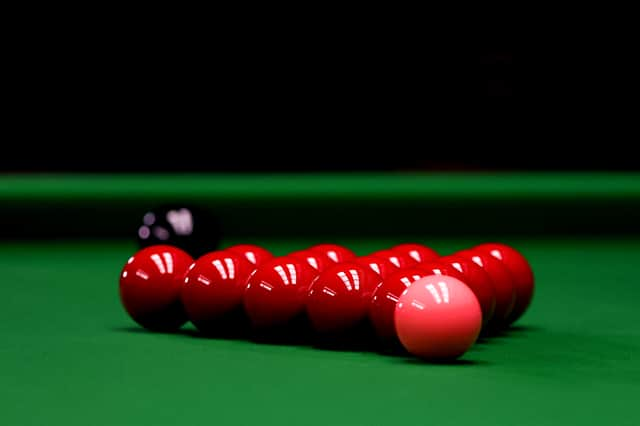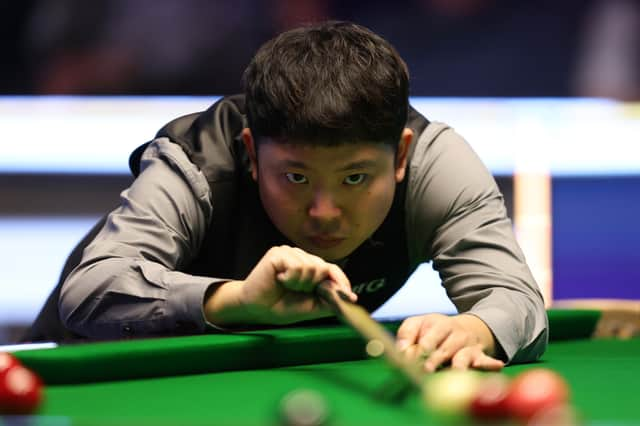What is Q School in Snooker?


Q School was introduced to the snooker scene in 2011 and has been held every year since.
Organised by the World Snooker Tour – the people who run the sport’s professional circuit - Q School is an amateur-only event, open to players of any nationality or ability.
Advertisement
Advertisement
Those that ‘graduate’ from Q School each win a two-season World Snooker Tour card for the professional circuit. In essence, the winners become professional snooker players.
There are several ways an amateur player can earn professional status with promotion to the World Snooker Tour, although the Q School is generally the last opportunity to do so before the upcoming professional season begins.
Q School is held just a few weeks after the World Championship at the Crucible Theatre is completed. As that is the final event of the professional season, the recently relegated players are all eligible to enter Q School as they no longer possess a tour card. Q School allows them the chance to immediately bounce back.
What is the format for Q School and how many professional places are available?
The format and structure of Q School has altered slightly down the years, although primarily it has remained the same, with all matches in all rounds being the best of seven frames.
Advertisement
Advertisement
Q School is currently made up of two straight knockout events (it used to be three). The semi-finalists from each event (four remaining players left in) all win a professional tour card.
The semi-finals are not played as there are no further prizes. These ‘graduates’ will be removed from the second event and their opponents receive a walkover to the next round.
In the past, there also used to be an order of merit, with players accumulating points for the matches they won across all the events at that year’s Q School. This was another route to win a pro tour card for those that didn’t reach the semi-finals in one of the events.
What is the Asia-Pacific Q School?
Q School had always exclusively been held in England. The duration of Q School can last a few weeks, which can be difficult and expensive for overseas players to compete in.
Advertisement
Advertisement
Whilst there are several international routes an amateur player can obtain a professional tour card from, it was decided that the Asia & Pacific region should have its own Q School, held at roughly the same time as the one in the UK is played.
Four of the tour cards that the UK Q School had were reallocated to the graduates at the Asia-Pacific Q School.
The event is held the same way the UK Q School is, although only the finalists of the two events each receive a two-season tour card.
Players can’t enter both versions of Q School in the same year.
Advertisement
Advertisement


Familiar names who have graduated from Q School
Seven future ranking event champions (as of April 2024) have graduated from an installment of Q School in the past: David Gilbert, Chris Wakelin, Zhang Anda, Michael Georgiou, Jordan Brown, Zhao Xintong and Fan Zhengyi.
What is the Q School Top Up List?
For players that don’t win a tour card at Q School, there is still a chance they can play in professional events during the upcoming season.
Like the order of merit used in the past, players still receive cumulative points for their results throughout that edition of Q School, and a ranking list is compiled.
During the professional season, if not all players enter a 128-draw event, the top ranked players from the Q School order of merit are invited by the World Snooker Tour to fill in the vacant slots.
Advertisement
Advertisement
Known as Q School ‘top-up’ players, these amateurs can earn the same prize money that is available to their professional counterparts.
Despite being amateurs, these players will receive a ranking on the professional one-year list depending on how much prize money they earn, meaning they can qualify for Players Series events. It is also possible they could reach the top 64 of the main world rankings, therefore earning a tour card and qualification for other invitational events.